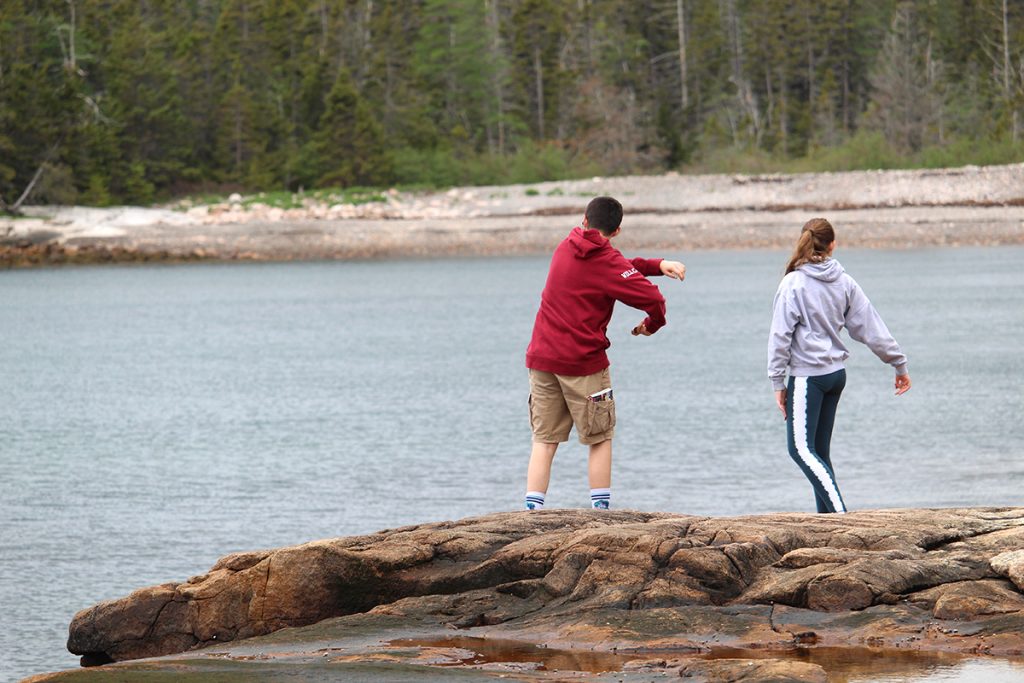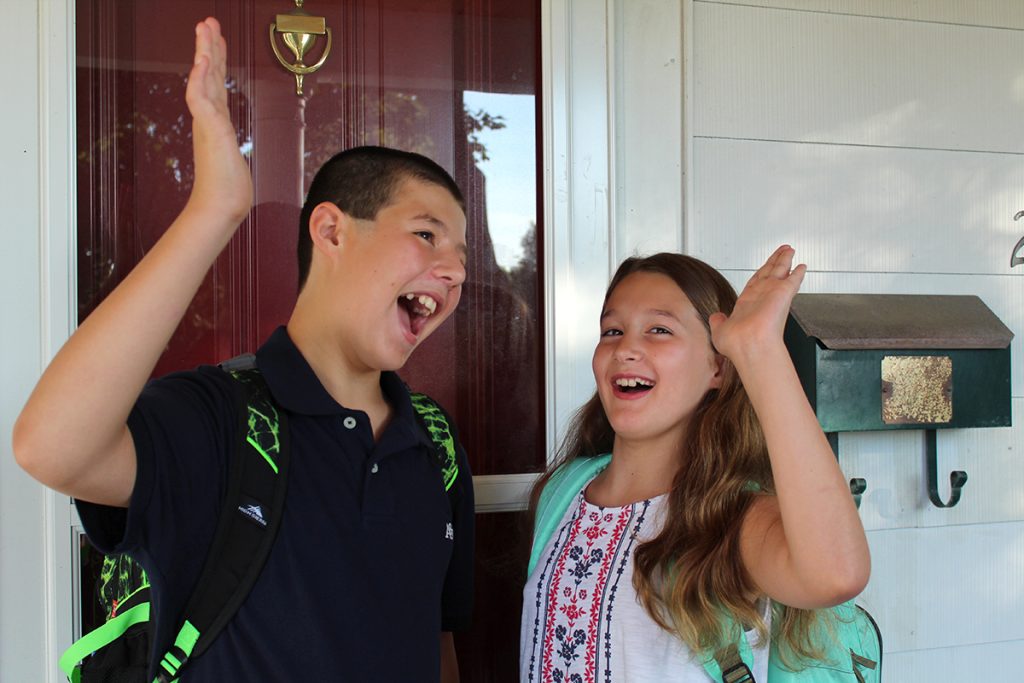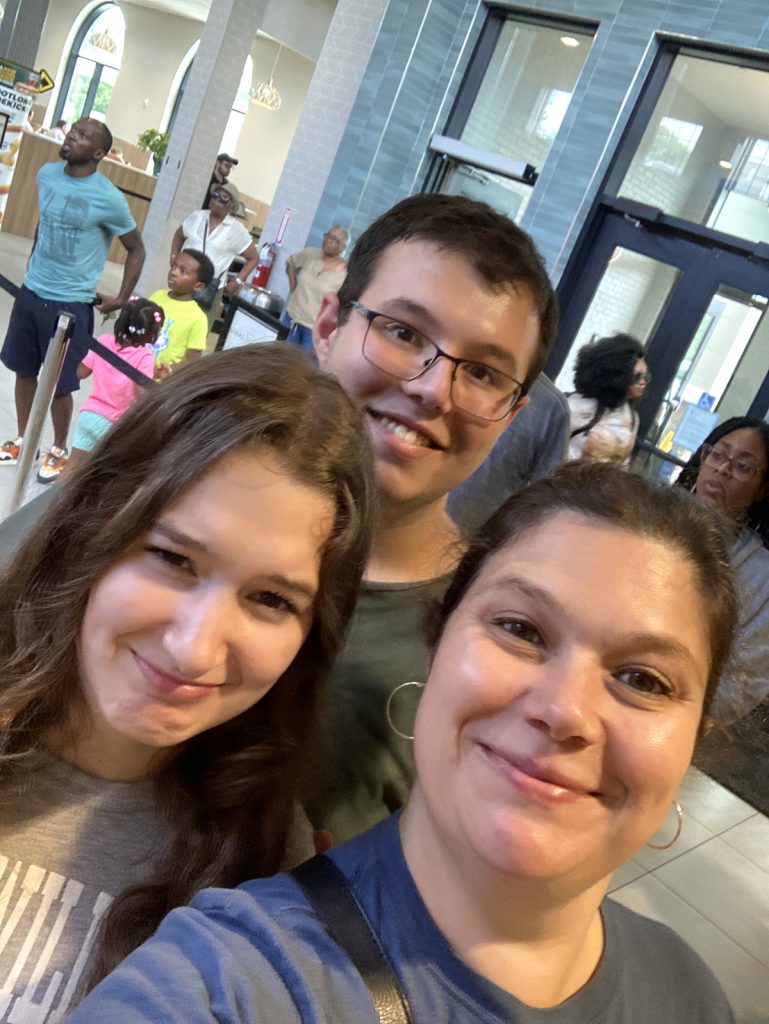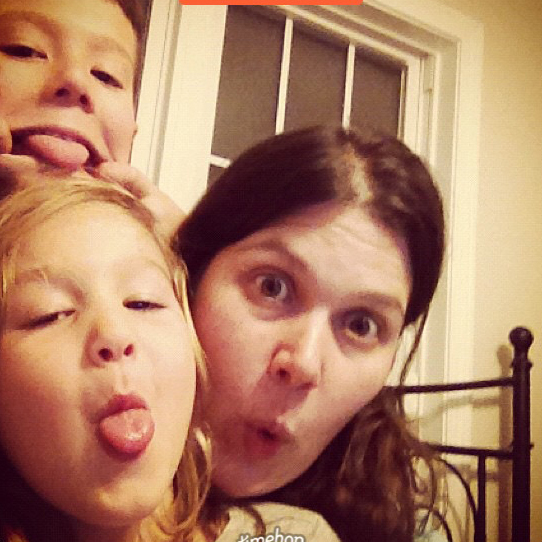I am a writer with older children. As they’ve grown, I’ve shifted how and when I write about them. But what now?

When my children were small, they were a fountain of inspiration.
Before influencers cultivated audiences and curated lives on social media, and before there were blogs by moms-to-be, new moms and veteran moms, there were journalists who occasionally would write columns about their own lives.
I was one of them. Before my son was even born, I wrote columns about naming him, not finding out his gender and other elements of pregnancy. As a writer — one who’d been in the trenches for years — it was natural. That was in the time before social media and even before blogging really took off.
Readers, in turn, responded. They sent me cards and notes as well as emails. Some even called to respond to my columns.
As someone whose work usually revolved around criminal cases, new development in a rapidly expanding city and foibles of a school board, I was used to reader responses. But I wasn’t used to people being invested in me (and my son) personally. It was a cool thing to know people could care, even when they only sort of knew you.
As my career shifted to being more online, my son — and later my daughter — featured prominently in my writing. While I was never the exploit-everything writer mom, I did share tidbits about our lives, their development, interactions and how we cooked together both on my blog, Sarah’s Cucina Bella, and through writing for websites like iVillage, SheKnows and Momtastic. Readers felt like they knew them. Even today, when I rarely write for sites like that anymore, some readers are still followers of mine on social media. When my kids do something notable that I share, they are still there cheering them on. The community my work created is staggering.
I returned to print media in 2014 and was encouraged to write a food column, which I did. But with my kids in elementary school, things were changing. Adults in their schools read the columns and talked to them about what I wrote (pretty cool!). My daughter loved that. Both kids started reading my column when it came out too. And though I’d always been sensitive about what I shared with the world, I found myself becoming even more so, knowing that the community building around us was closer than ever before.

Creating a line between what I would share and what would be private has been an ongoing thing. Ultimately, since I never veered into the exploitive version of writing about kids, the stories about them online aren’t things other kids latched onto as fodder for teasing. Instead, it all became endearing. At different points in their lives, both my kids have found empathy, kindness, understanding, friendship and laughter through bits of the past immortalized.
Now, my kids are in their late teenage years and I don’t write about them often. It’s not a line in the sand they created, but one I did. At some point, as a writer with older children, I didn’t want to chronicle the highs and lows of American teenagehood in real time. I suspect, I will return to this point in my writing sometime soon — but after the sting of heartbreak, adjustment of college and financial responsibility of young adulthood is a little less imminent.

As a writer, I willingly give up my own privacy, but that shouldn’t extend to my children in perpetuity too. That said, I am not done writing about motherhood. I just haven’t found the formula that will work for me today yet.
In talking to other writers who chronicled life through parenthood, I’ve found I’m not alone in this. At a certain point, it becomes harder to share the motherhood journey without also sharing your children. Can you write about parenting them without writing about them? That’s a fine line I am constantly trying to walk.

Here’s the thing: My children have never asked to not to write about them. Also, when subjects are particularly sensitive, I let them read my essays before they are published. They know that they can tell me no. They haven’t. And yet, I have a responsibility to fully think through the implications of my work.
So how does one write about later motherhood without writing about their kids? That’s the question, isn’t it?



Comments are closed.